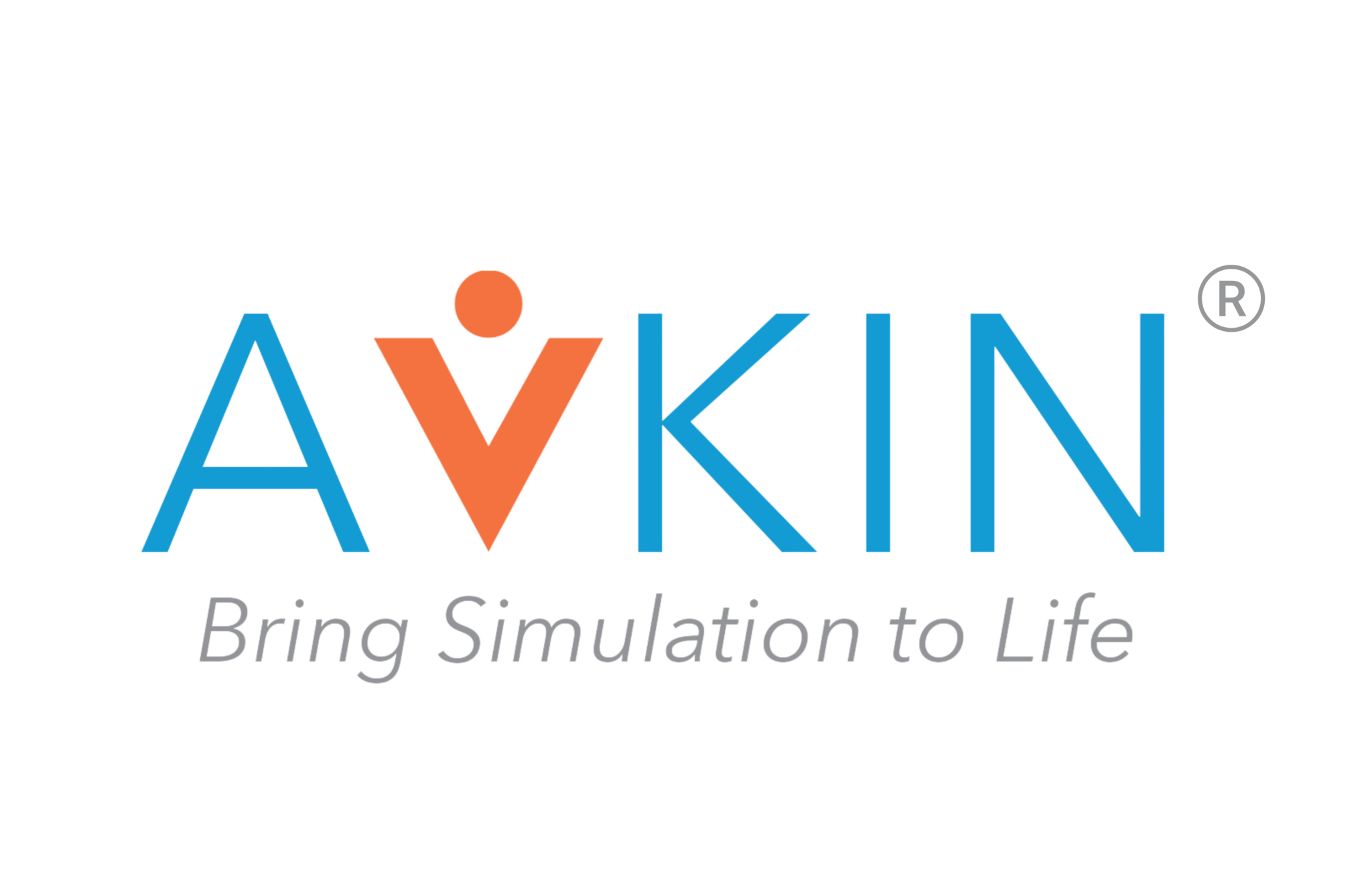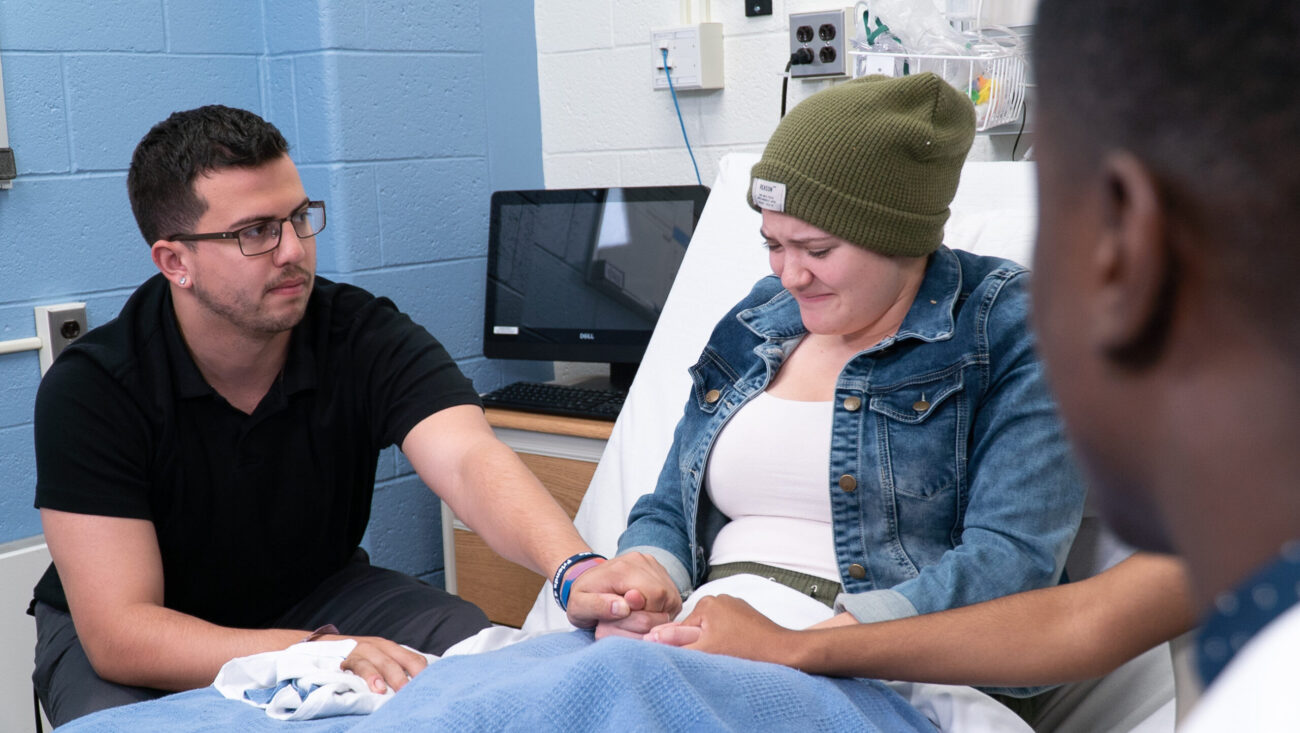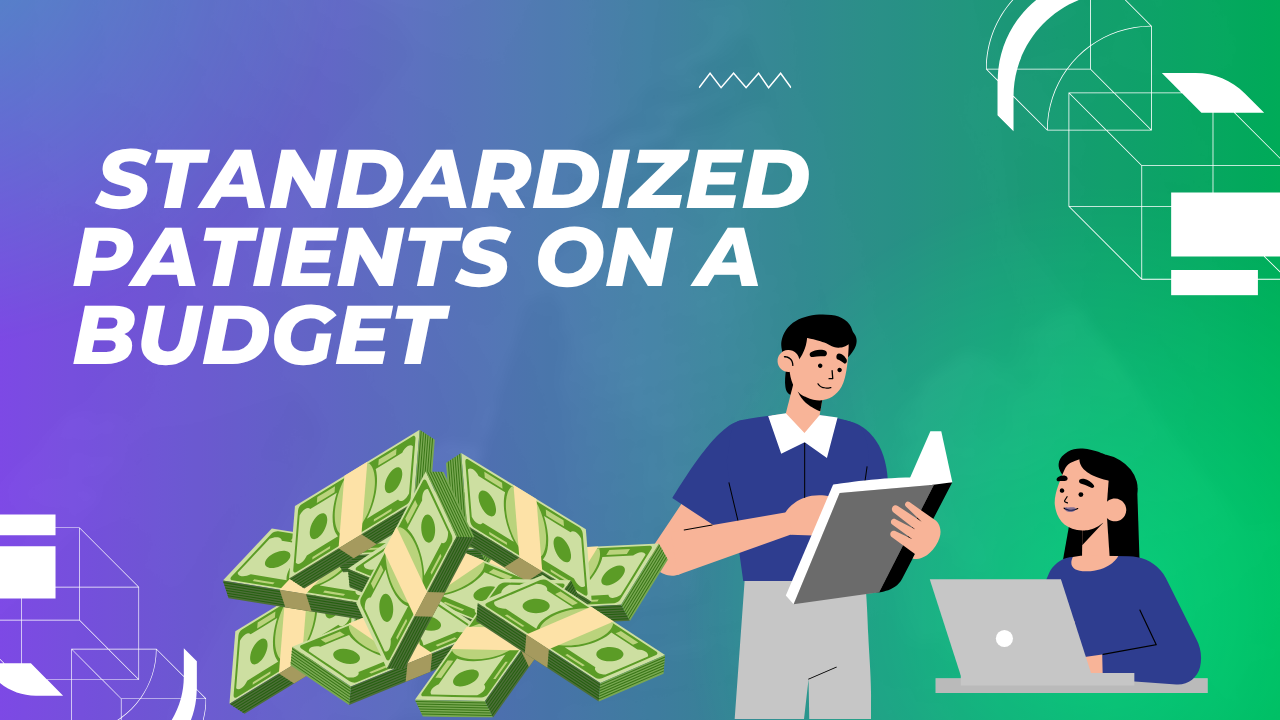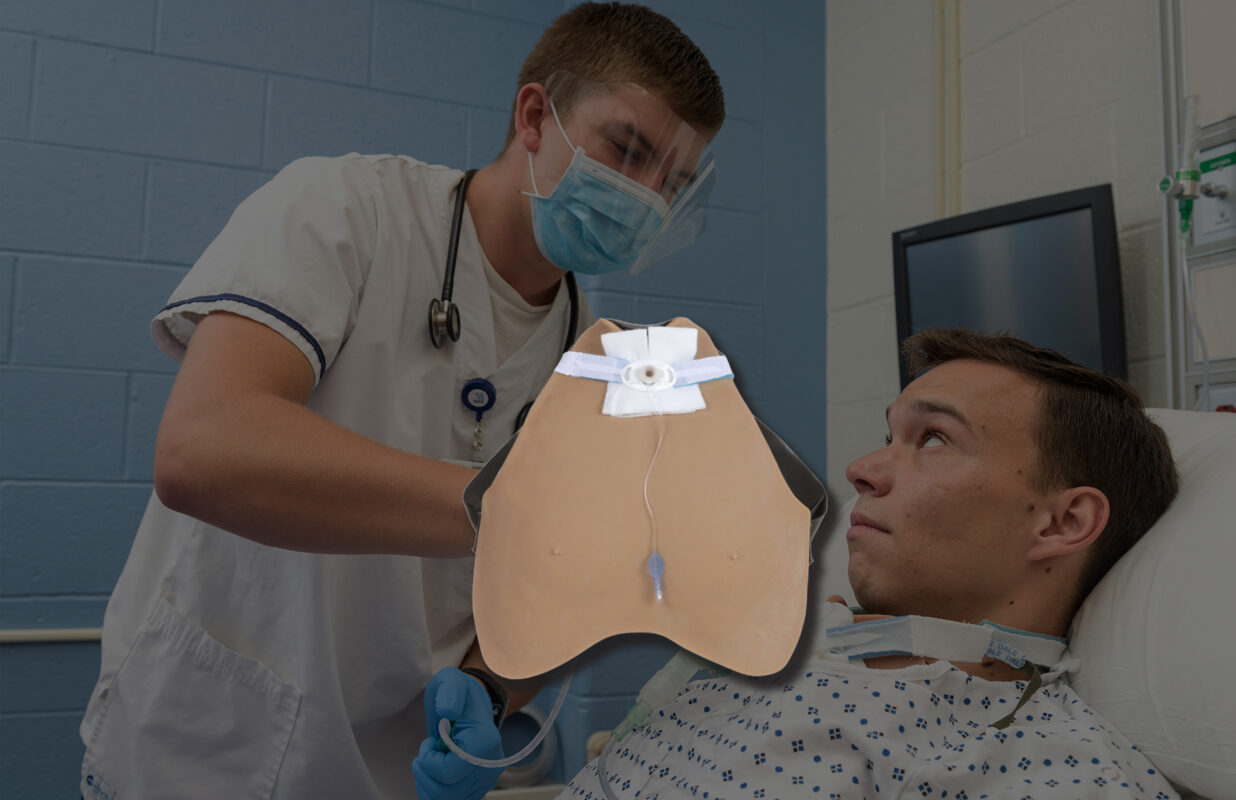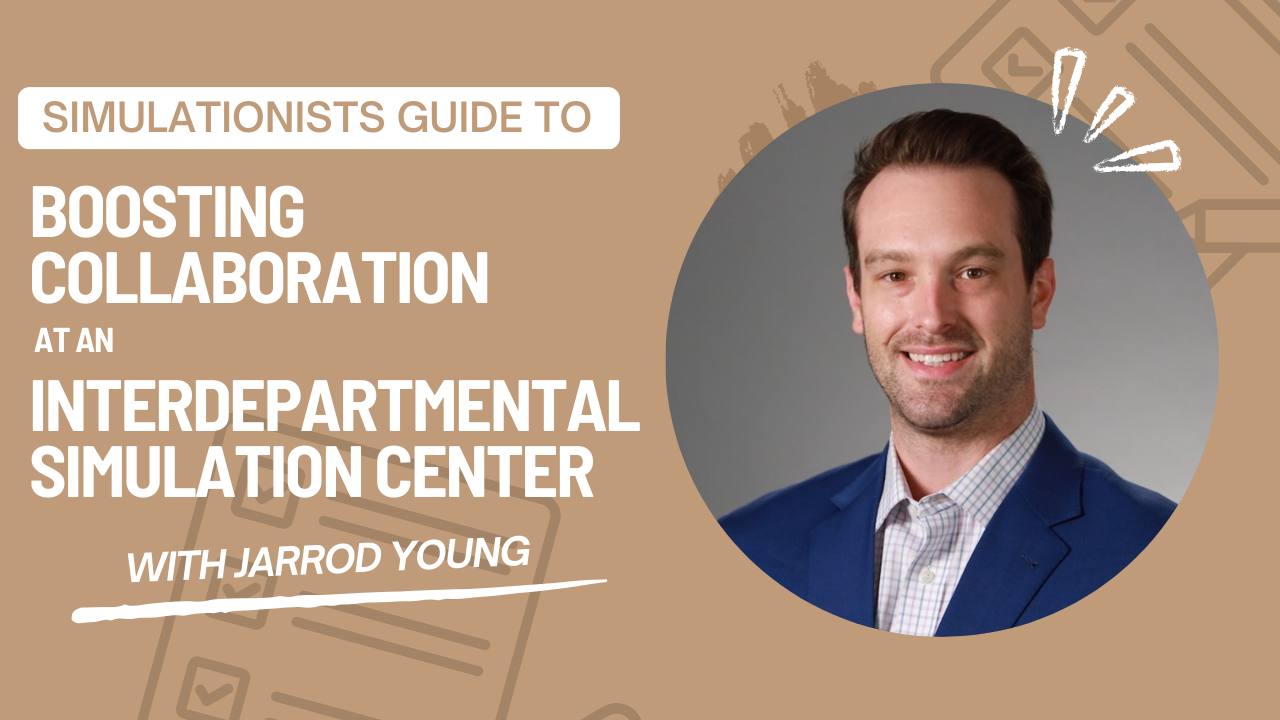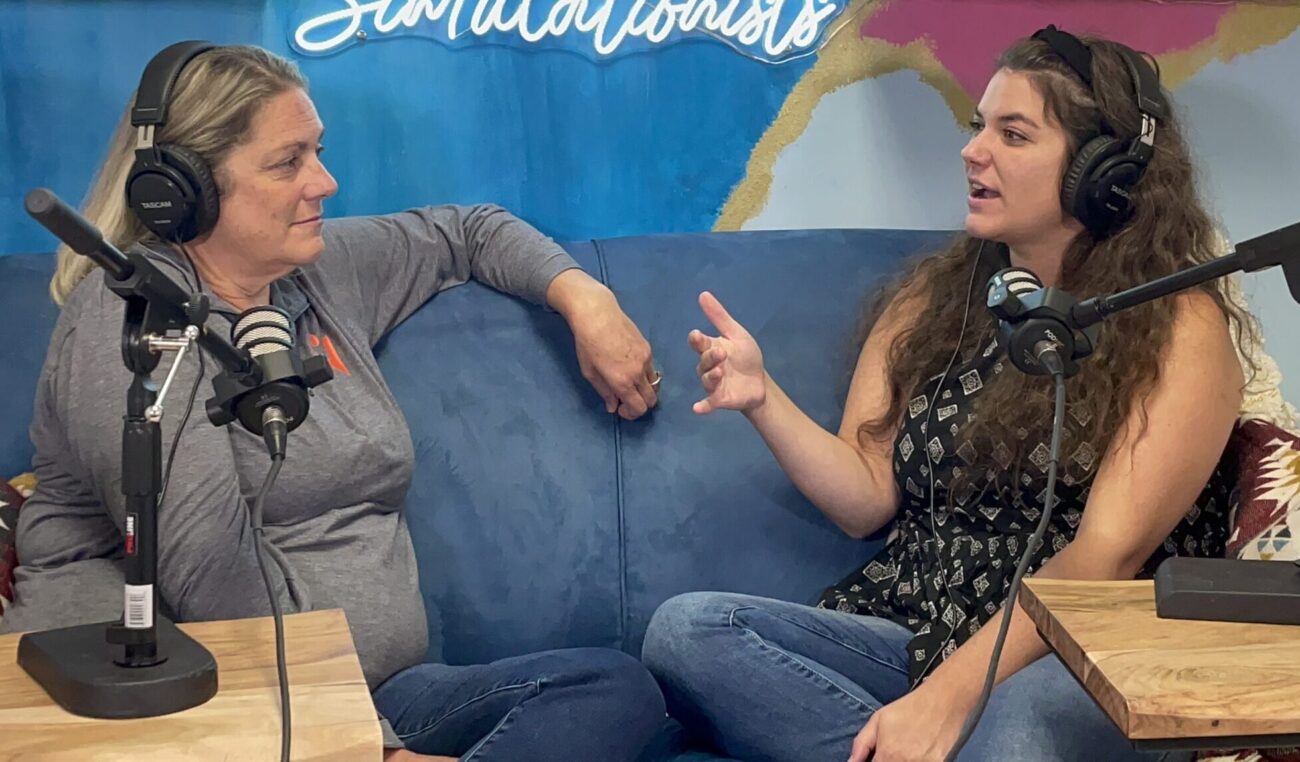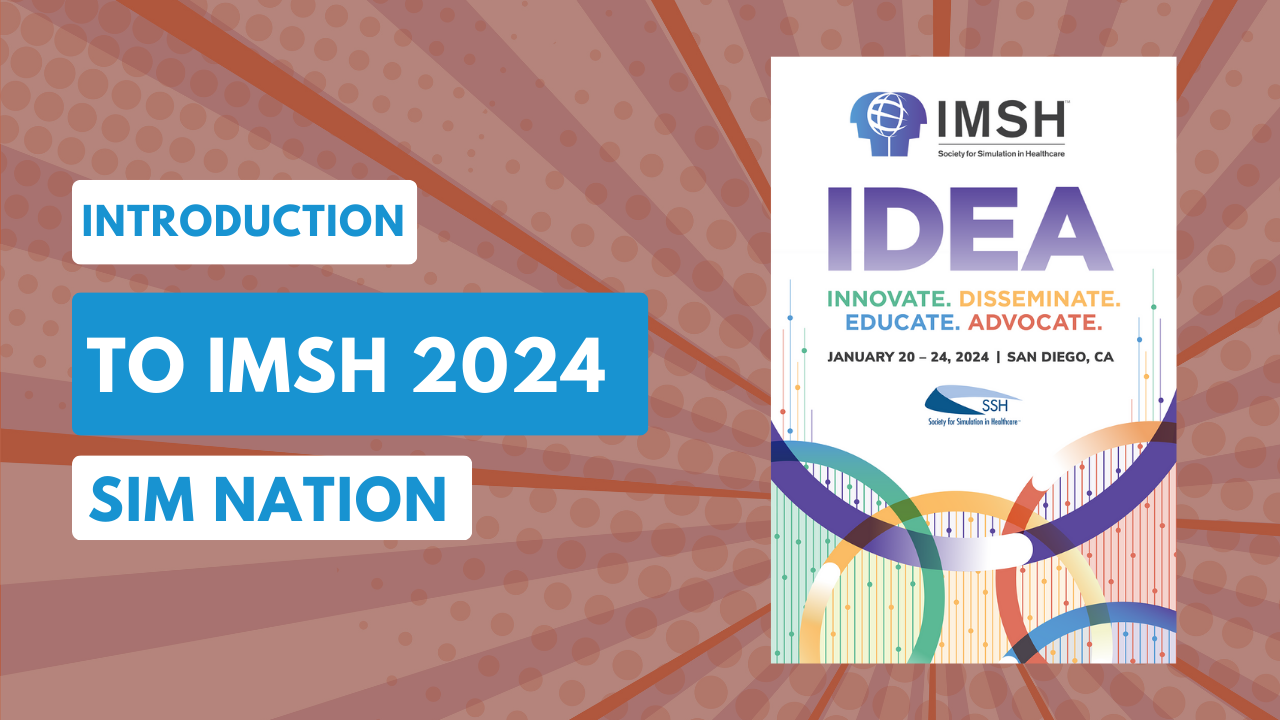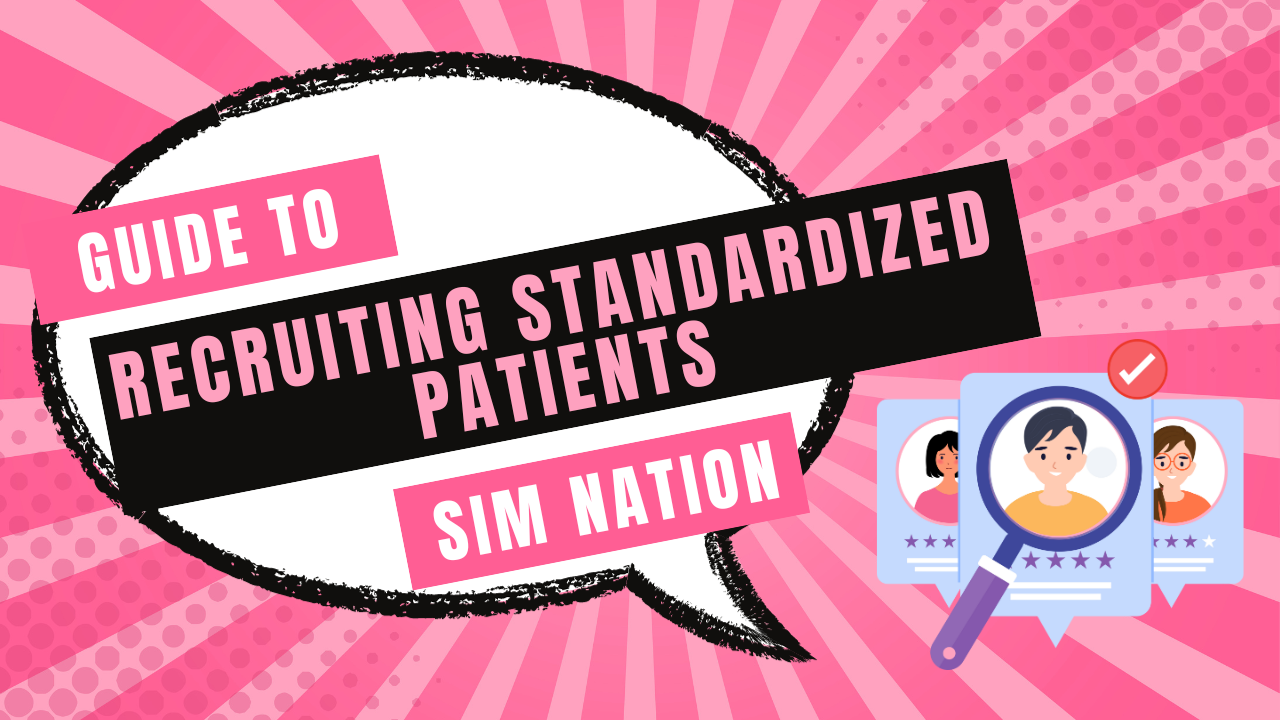Simulationist’s Guide to AWISH

Simulation is more than an educational tool, it’s a movement that’s transforming healthcare training around the globe.
On a recent episode of Simulation Nation, Avkin CEO Amy Cowperthwait sat down with Matt Charnetski, President Elect of the Society of Simulation in Healthcare and Director of Simulation-Based Education and Research at Dartmouth Health, to talk about his unconventional journey into simulation, the evolution of SimOps roles, and how advocacy efforts like A-WISH are shaping the future of our field.
From Antarctica to Healthcare Simulation
Matt’s path into simulation was not linear, and that is what makes it inspiring. Before leading simulation programs at Dartmouth, he was part of the U.S. Antarctic Program, conducting scenario-based rescue training using standardized patients to simulate real emergencies. “I didn’t realize we were doing simulation,” Matt shared. “We just called it scenario-based training. But that’s what it was, experiential learning in its purest form.” That experience sparked his passion for technology, education, and patient safety, eventually leading him to Des Moines University, where he fell in love with healthcare simulation and built a career around it.
The Rise of Simulation Operations Professionals
Matt and Amy discussed how simulation operations roles have evolved from “Sim Techs” into highly skilled Simulation Operations Specialists (SimOps), professionals who blend technical expertise, healthcare knowledge, and educational insight.
“At Dartmouth, we’ve built a professional ladder from entry-level Sim Tech to Senior Sim Tech to Operations Specialist,” Matt explained. “Simulation isn’t just pushing buttons; it’s about logistics, teamwork, debriefing, and education.” Amy agreed, noting how having dedicated SimOps professionals completely changed her program’s organization and effectiveness.
“When our first SimOps joined, they organized warranties, preventative maintenance, and tracking, all the things I couldn’t keep up with,” she said. “It transformed how we communicated with leadership.”
A-WISH: Advocating for Simulation Professionals
One of the most exciting topics they explored was the work of A-WISH (Alliance for Workforce Identification in Simulation Healthcare). The coalition, formed by leaders from SSH, INACSL, ASPiH, and SimGHOSTS, is working toward official U.S. Department of Labor job classifications for simulation roles.
“These titles matter,” Matt emphasized. “Right now, many institutions use generic terms like ‘Lab Coordinator’ or ‘IT Technician.’ Classification would mean recognition, standardized salaries, and clearer career paths.”
The A-WISH team is gathering data and preparing a formal proposal to submit during the next federal review window, expected in 2027. The effort could redefine how simulationists are recognized and compensated nationwide.
Advocacy: From the Local to the Global Stage
Both Amy and Matt highlighted that advocacy is not just for committees; it starts in every simulation center.
“When you’re a bedside nurse, your impact is one patient at a time,” Amy said. “When you become an educator or a simulation professional, you multiply that impact.”
Matt echoed that sentiment, pointing to the recent Global Consensus Statement on Simulation-Based Practice in Healthcare, which brought together leaders from 67 countries to define shared goals and best practices.
“Advocacy happens at every level,” he said. “From inviting your dean to a simulation day to meeting legislators in Washington, D.C., it all matters.”
Looking Ahead
Simulation education has come a long way from the days of “turning on the mannequin.” It is now a recognized science with its own body of knowledge, certifications, and career paths. Matt and Amy reminded listeners, there is still work to do to ensure that recognition translates into policy, funding, and support.
“We don’t do simulation because it’s fun, though it is,” Matt concluded. “We do it because it improves patient care. Every learner who practices in simulation before touching a patient is one step closer to safer healthcare.”
Ready to take your simulation program to the next level? Visit avkin.com to explore cutting-edge simulation technology, educator resources, and professional development opportunities and book a meeting if you have any questions about how Avkin can improve your simulation center.
Be sure to tune in to the Simulation Nation Podcast for inspiring conversations with leaders who are shaping the future of healthcare education.
